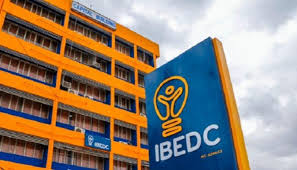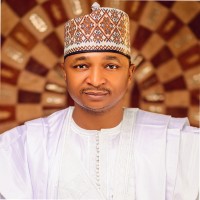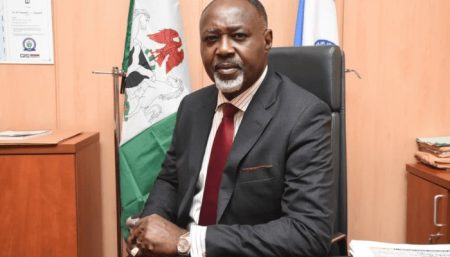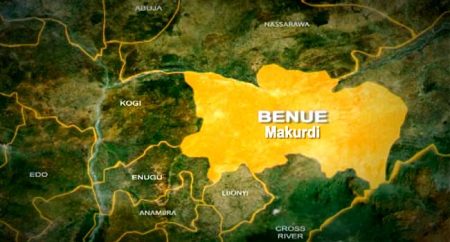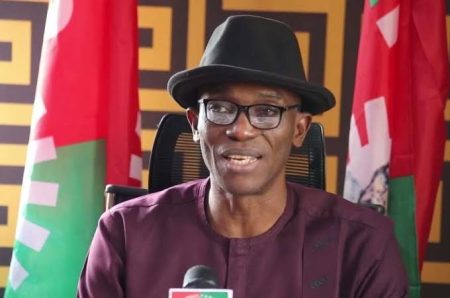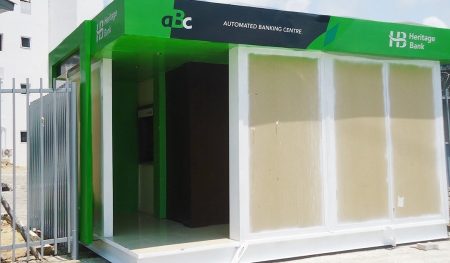Paragraph 1: The Persistent Gender Gap in Nigerian Financial Inclusion
Despite government initiatives and policies designed to enhance women’s financial inclusion, a substantial gender disparity persists in Nigeria. While the National Financial Inclusion Strategy aimed for 80% inclusion by 2020, this target was missed, and the strategy remains unrevised. Initiatives like the MSME development fund, with a significant portion earmarked for women, have not fully bridged the gap. As of 2023, only 70% of Nigerian women were financially included, compared to 79% of men, representing a widening 9% gap. This disparity underscores the urgent need for more effective strategies and targeted interventions to ensure that women have equal access to financial services.
Paragraph 2: Socioeconomic and Cultural Barriers to Women’s Financial Empowerment
Multiple factors contribute to the persistent financial exclusion of Nigerian women. Economic challenges, including limited income and educational opportunities, restrict their access to financial services. Distrust in financial institutions also plays a role, compounded by cultural and societal norms that limit women’s financial independence, especially in rural areas. The prevailing societal mindset often prioritizes sons over daughters, leading to unequal investment in education and skills development, further hindering women’s economic prospects and limiting their ability to engage with the formal financial sector.
Paragraph 3: Challenges in Accessing Financial Resources in Rural Areas
Rural Nigerian women face unique challenges in accessing financial services. While informal savings groups like Asusu provide some access to financial resources, the adoption of digital financial services has been hampered by poor infrastructure and high internet costs. Even where mobile networks and internet access exist, the affordability remains a significant barrier for many rural women, effectively excluding them from the benefits of digital financial services. This digital divide further exacerbates the financial inclusion gap between urban and rural women and necessitates innovative solutions to bridge this gap.
Paragraph 4: Government Allocations and Structural Impediments to Women’s Financial Inclusion
While the 2025 federal budget saw an increase in allocation for women’s economic empowerment, the proportion designated for capital expenditure remains minimal, limiting its potential impact. A larger portion of the budget is allocated for grants and financial support, as well as health and advocacy projects. However, structural challenges such as high interest rates, short loan repayment periods, and cultural norms that prioritize women’s domestic responsibilities continue to hinder women entrepreneurs from accessing and effectively utilizing financial resources. These structural barriers require targeted interventions and policy adjustments to create a more conducive environment for women’s economic participation.
Paragraph 5: Progress, Potential Solutions, and the Need for Collaboration
Despite the numerous challenges, some progress has been made in expanding financial agent networks in rural areas and introducing digital subsidies. However, the effectiveness of mobile money platforms in Nigeria lags behind successful models like Kenya’s M-Pesa, which functions without internet access. Adopting similar models and promoting collaborations between non-governmental organizations (NGOs) and financial institutions could play a key role in driving financial inclusion. Moving beyond corporate social responsibility initiatives, banks can partner with NGOs to leverage their local knowledge and networks to reach marginalized women and tailor financial products and services to their specific needs.
Paragraph 6: The Path Forward for Empowering Women Financially
Achieving true financial inclusion for Nigerian women requires a multi-pronged approach. Revising the National Financial Inclusion Strategy to address the current realities and incorporating a strong gender lens is crucial. Furthermore, investments in infrastructure, especially in rural areas, are essential to bridge the digital divide and enable access to digital financial services. Addressing cultural and societal norms that limit women’s economic participation is equally important. Finally, fostering strong partnerships between NGOs, financial institutions, and government agencies can create a synergistic approach to developing and implementing effective strategies for women’s financial empowerment, ensuring that the benefits of economic growth reach all segments of Nigerian society.




